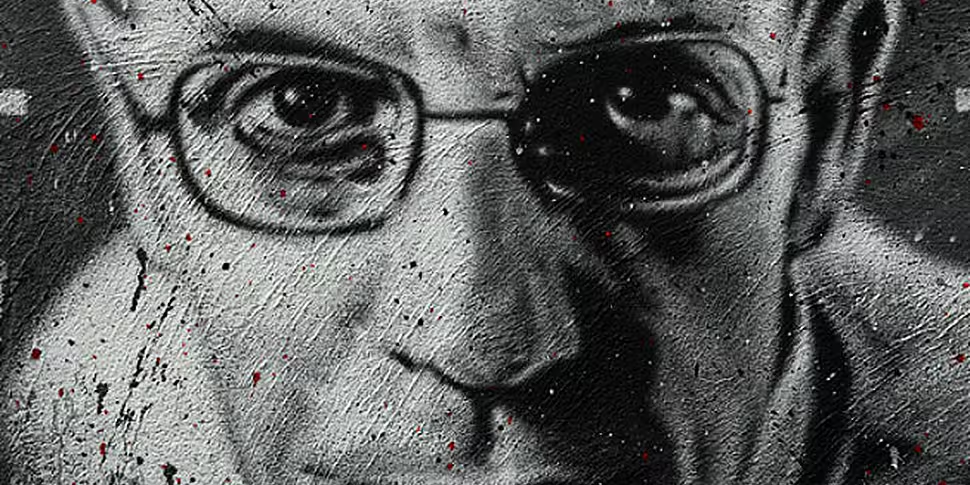The philosophy of punishment is an area of study that is relatively unaddressed and certainly does not resonate in the wider public consciousness.
The work of Michel Foucault went a long way to shedding further light on the philosophies behind discipline and punishment. This was particularly evident with his work ‘Surveiller et Punir: Naissance de la Prison’ (Discipline and Punish: The Birth of the Prison) published in 1975.
While much study had been conducted in this area prior to Foucault, with this publication, he brought the issue to the fore in the 20th century.
Foucault analysed the development of a culture that resulted in the prison system dominating the area of punishment, as society gradually moved away from the use of torture.
Foucault ultimately suggests that it is the use and subjugation of power that influences an institutions use of punishment. He rejects any notion that the development of this system had been motivated by any humanitarian ideals, or that this philosophy of punishment was initially intended as a form of rehabilitation.
While he does not suggest that this is the result of some grand master plan, he evaluates why it has developed in this manner and how this relates to society on a larger scale.

As Foucault stated, the system is designed ‘to punish less, perhaps; but certainly to punish better', arguing that it has resulted in a greater degree of authority among the powerful institutions. He demonstrates how techniques such as observation, judgement and examination are utilised, throughout society, as the most efficient way to ensure control.
Foucault was a ground breaking French academic who came to prominence during the 1960’s. His work revolved around history, sociology and philosophy and it remains influential in this regard today.
Michel was born into a prosperous French family in 1926. He was initially named after his father, Paul, but preferred being referred to as Michel. The medical profession was heavily associated with the family, his father was a surgeon and his mother’s father was also from this profession.
He excelled academically, despite growing up during the Second World War in occupied France. Despite his father’s protestations, Michel’s academic interest moved away from medicine and towards the humanities. In 1946, he enrolled in the well respected École Normale Superieure d’Ulm. He became enthralled with the study of psychology, philosophy and the left wing theories of Marx and Hegel, even joining the French Communist Party for a brief period during the 1950’s.
Michel Foucault explains Punishment, Prison and Disciplinary Society
In 1954, he began working in a variety of roles across Europe, spending the majority of his time abroad in the University of Uppsala in Sweden. He also spent time working in universities in Hamburg and Warsaw.
Returning to France in 1959, he received his PHD for his thesis regarding madness and reason. It was notable for his heavy reliance on historical study and this formed the basis for much of his work to come. His studies covered topics such as the medical establishment and the development of human civilisation.
In his own words, Foucault wished to ‘detect those things which have not yet been talked about.’ This was an ideal he sometimes referred to as ‘the history of the present.’
With his academic career now well established, he remained fascinated with the study of social control and the various devices that were employed by powerful institutions. Therefore, it is perhaps no surprise that his scholarship led him to evaluate the philosophy of punishment and the prison system, as mentioned above.

The torture and execution of Robert-Francois Damiens, which formed the basis of Foucault's introduction in 'Surveiller et Punir'
Following this, he continued his studies, addressing the history of sexuality, an area of personal interest to him as he was a homosexual. This was an issue of difficulty for Michel in his formative years, when such a lifestyle was considered taboo. He died at the relatively young age of 57, when afflicted with AIDS. He was one of the first prominent French figures to suffer from the disease, before it came to prominence throughout the 1980’s.
How did Foucault shape the study of punishment in the 20th century? Was the nature of his work truly groundbreaking? Are his teachings in this regard still relevant today?
Join Patrick and his panel of experts as they grapple with these issues on this edition of 'Talking History.'









